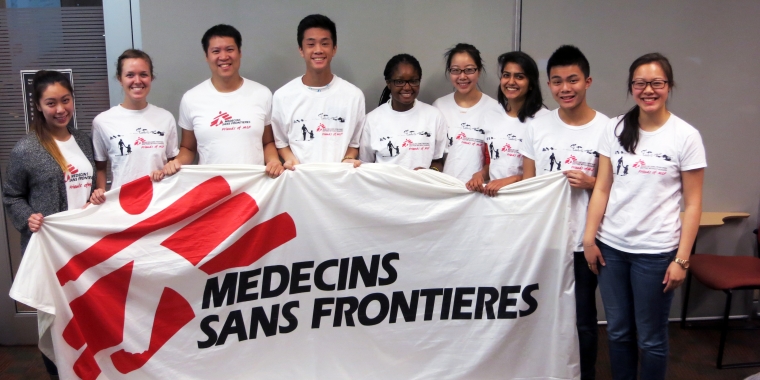
Nutrition and Food Security in Nigeria: Challenges, Initiatives, and Community Solutions
Food security and nutrition are critical pillars of public health in Nigeria. With a rapidly growing population and diverse socio-economic challenges, Nigeria faces both a need and opportunity to improve nutrition and food security, particularly for vulnerable communities. Malnutrition, food scarcity, and rising food prices remain significant issues affecting millions of Nigerians. However, numerous government, NGO, and community-led initiatives are driving positive change.
Understanding Food Security in Nigeria
Food security, as defined by the World Health Organization (WHO), is the ability to ensure that all people have regular access to sufficient, safe, and nutritious food. Unfortunately, Nigeria struggles to achieve full food security, with millions lacking access to consistent and nutritious meals. According to the Global Hunger Index, Nigeria ranks as one of the most food-insecure nations in Africa due to challenges like poverty, agricultural limitations, climate change, and infrastructure deficits.
Major Challenges to Nutrition and Food Security
- Poverty and Inequality: Many Nigerians live below the poverty line, which limits their access to nutritious food, especially in rural areas where poverty rates are high.
- Climate Change: Nigeria’s agriculture is heavily rain-dependent, making it vulnerable to climate changes that can affect crop yields and food availability.
- High Food Prices: Inflation and economic instability drive up food prices, making it difficult for many households to afford a balanced diet.
Key Initiatives for Improving Nutrition and Food Security
To address these challenges, the Nigerian government, international organizations, and local NGOs have implemented several initiatives aimed at enhancing food security:
- National Home-Grown School Feeding Programme: This initiative provides free meals to schoolchildren, ensuring they receive at least one nutritious meal daily. It aims to combat child malnutrition and encourage school attendance.
- Zero Hunger Initiative: Launched by the UN, this initiative focuses on supporting sustainable agriculture and reducing hunger in Nigeria by 2030. It includes programs that teach modern farming practices and provide resources to rural farmers.
- Community Farming and Urban Agriculture: Many NGOs are encouraging urban farming and community-based agriculture to create local food sources, reduce transportation costs, and improve food availability.
Traditional Nigerian Diet and Nutrition
Traditional Nigerian cuisine is nutrient-rich and primarily plant-based, including staples like yams, cassava, and leafy greens. Encouraging Nigerians to incorporate traditional foods into their diets can improve nutritional health. For example, dishes like Moi Moi (bean pudding) and Efo Riro (vegetable stew) are packed with essential nutrients, making them both affordable and healthful options.
Community-Led Solutions to Food Security
Community engagement is critical in addressing food security. Local farming initiatives, such as community gardens, empower Nigerians to grow their own food, fostering self-sufficiency. Programs that teach urban residents how to cultivate gardens on small plots or even rooftops are proving to be innovative solutions in food-scarce urban areas.
Conclusion: The Path Toward a Food-Secure Nigeria
Addressing food security in Nigeria requires a multifaceted approach that includes government policies, community involvement, and the promotion of sustainable agricultural practices. By leveraging traditional diets, supporting local farmers, and addressing economic barriers, Nigeria can make substantial progress toward achieving food security for all.
References and Further Reading
For updates and more information, follow the UN Zero Hunger Initiative on social media: Twitter | Instagram.








